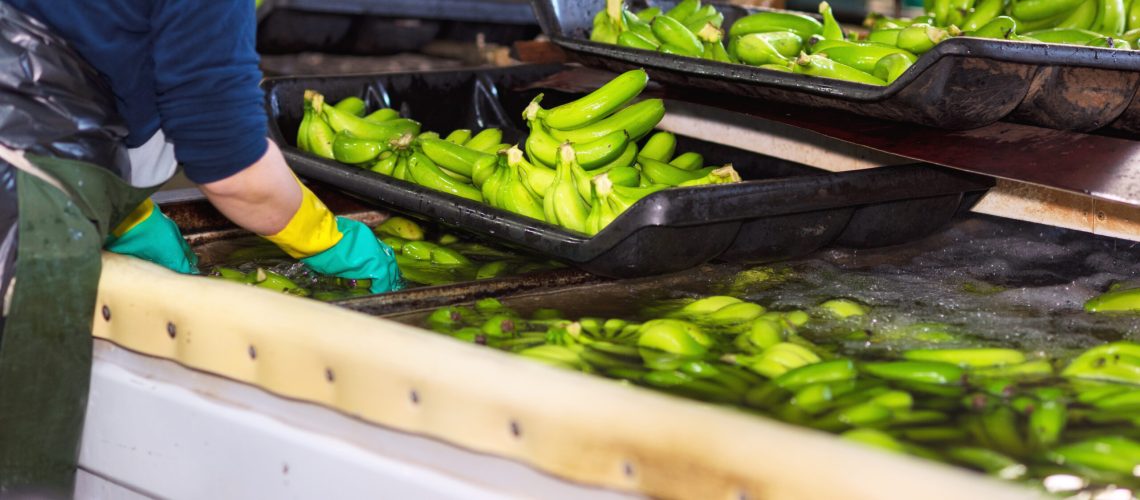For GCC and Saudi-bound shipments, quality is decided after harvest, not in the field. This is why buyers now prefer cold chain managed vegetable exporters in India, where strict post-harvest control is part of export discipline.
1. Harvest Maturity Determines Arrival Condition
Exporters follow measurable maturity indicators such as colour, firmness and defect limits. Correct maturity ensures vegetables survive long-distance shipping without shrinkage or softening.
2. Pre-Cooling Preserves Shelf-Life
Field heat must be removed immediately. Forced-air cooling, hydro-cooling or vacuum cooling stabilise temperature and slow respiration. Even a short temperature spike can reduce shelf-life by 20 to 40 percent, making pre-cooling the most important early step.
3. Packhouse Hygiene Reduces Microbial Load
Importers expect clean sorting lines, controlled packing zones, sanitised washing systems, accurate grading and packaging that prevents moisture build-up. For processed items, metal detection and batch-coded aseptic filling are essential.
4. Cold-Chain Transport Protects Final Quality
Most losses occur between the packhouse and the port. Leading exporters minimise risk through real-time temperature tracking, digitised documentation, coordinated harvest-to-loading schedules and pre-booked reefer slots to avoid delays and heat exposure.
5. Why Importers Prioritise Post-Harvest Systems
In GCC climates, freshness declines rapidly without strong cold-chain discipline. Buyers review temperature logs, traceability records, pre-cooling data and packhouse hygiene reports. Shipments with complete documentation clear faster and face fewer rejections.
For Indian fresh vegetable exporters to Saudi Arabia, post-harvest care is the true competitive advantage. Exporters who maintain temperature control, hygiene and logistics precision consistently deliver better arrival quality and stronger buyer trust.

